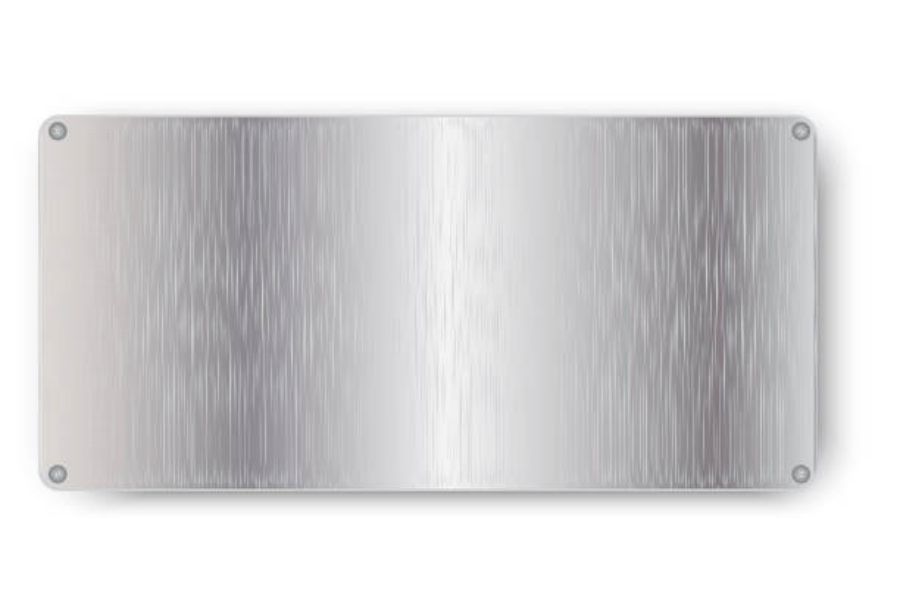Table of Contents

Introduction
Threaded titanium rods are a versatile and durable component that finds applications in various industries. These rods are made from titanium, a lightweight and corrosion-resistant material, and are designed with threaded ends to allow for secure fastening. In this article, we will explore the benefits of using threaded titanium rods in different settings, including aerospace, medical, and sports industries.
1. Strength and Durability
One of the key advantages of threaded titanium rods is their exceptional strength and durability. Titanium has a high strength-to-weight ratio, making it stronger than many other metals while remaining lightweight. This property allows for the construction of sturdy structures without adding unnecessary weight. Whether it's in aerospace applications, medical implants, or sports equipment, threaded titanium rods provide the necessary strength and longevity.
2. Corrosion Resistance
Another significant benefit of threaded titanium rods is their excellent corrosion resistance. Titanium naturally forms a protective oxide layer when exposed to oxygen, which helps prevent corrosion and rusting. This makes threaded titanium rods ideal for applications where they may be exposed to harsh environments, such as marine or chemical industries. The corrosion resistance of titanium ensures the longevity and reliability of structures or devices that incorporate these rods.
3. Biocompatibility
In the medical industry, threaded titanium rods have gained popularity due to their biocompatibility. Titanium is considered a biologically inert material, meaning it does not react with the human body or cause adverse effects. This makes it an ideal choice for medical implants, such as bone screws, spinal rods, or joint replacements. Threaded titanium rods provide a secure and stable fixation while minimizing the risk of complications or allergic reactions.
4. Lightweight Construction
Threaded titanium rods are favored in the aerospace industry due to their lightweight construction. Titanium is about 40% lighter than steel, allowing for significant weight reduction in aircraft structures. This, in turn, leads to improved fuel efficiency and increased payload capacity. By using threaded titanium rods, aerospace engineers can design lighter and more fuel-efficient aircraft without compromising on strength or safety.
5. High-Temperature Resistance
Titanium has excellent high-temperature resistance, making threaded titanium rods suitable for applications where they are exposed to extreme heat. Unlike some other metals, titanium retains its strength and integrity even at elevated temperatures. This property makes it valuable in industries such as automotive, where threaded titanium rods can be used in exhaust systems or engine components that experience high temperatures.
6. Versatile Applications
Threaded titanium rods have a wide range of applications across various industries. In addition to aerospace and medical fields, they are also used in sports equipment, automotive components, and even in the construction of high-performance bicycles. The versatility of threaded titanium rods stems from their unique combination of strength, durability, and corrosion resistance.
7. Enhanced Performance
Using threaded titanium rods can lead to enhanced performance in many applications. In sports equipment, such as tennis rackets or golf clubs, the lightweight nature of titanium allows for improved maneuverability and swing speed. In aerospace, the use of threaded titanium rods can contribute to increased speed and fuel efficiency. The high strength and durability of titanium also ensure reliability and performance in medical implants, where stability and longevity are crucial.
8. Cost-Effectiveness
While titanium may initially seem more expensive than other metals, the long-term cost-effectiveness of threaded titanium rods becomes apparent. Due to its corrosion resistance, titanium structures or devices have a longer lifespan, reducing the need for frequent repairs or replacements. Additionally, the lightweight nature of titanium can result in significant fuel savings in industries such as aerospace. These factors contribute to the overall cost-effectiveness of using threaded titanium rods.
9. Future Potential
The use of threaded titanium rods is likely to grow in the future as industries continue to explore the benefits of this remarkable material. Ongoing research and technological advancements may further enhance the properties of titanium, opening up new possibilities in areas such as renewable energy, robotics, and advanced manufacturing. Threaded titanium rods will play a vital role in these emerging industries.
10. Conclusion
Threaded titanium rods offer numerous advantages across multiple industries. Their strength, durability, corrosion resistance, biocompatibility, and lightweight construction make them an attractive choice for applications ranging from aerospace to medical implants. With ongoing advancements and research, the future potential of threaded titanium rods is vast, promising even more innovative uses in various fields. As industries continue to recognize the benefits of threaded titanium rods, their utilization is expected to increase significantly.
